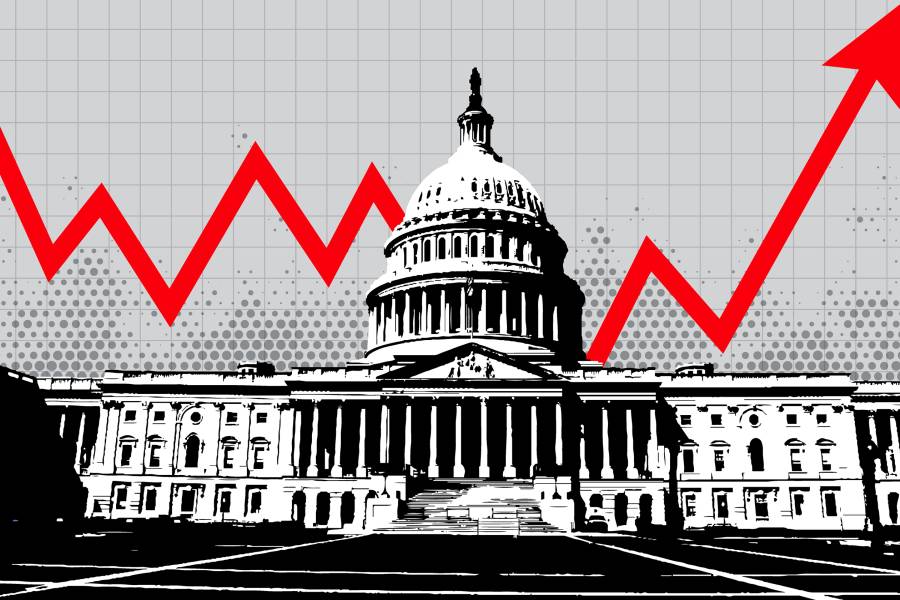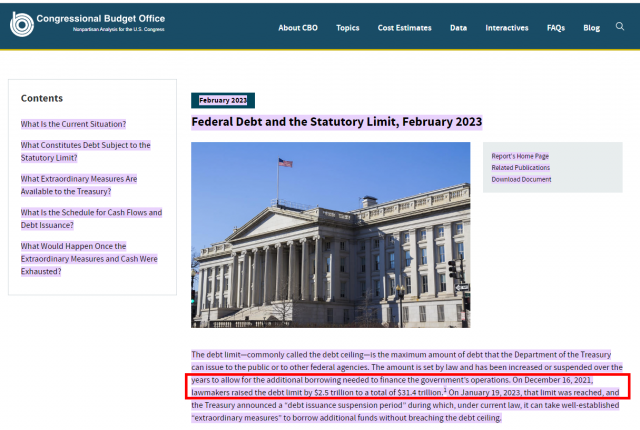The United States of America has been facing a looming debt ceiling crisis for several months, and the impact it could have on the stock market is a cause for concern. The debt ceiling is a limit on how much the government can borrow to meet its obligations. It is essentially a cap on the amount of money the federal government can legally borrow to fund its operations. The current debt ceiling is set at $28.5 trillion, and the Treasury Department has warned that the country could hit it by the end of the summer. If the debt ceiling crisis is not resolved, it could have negative effects on the stock market, which in turn could have far-reaching consequences on the economy.
The stock market is a reflection of the economy, and any instability or uncertainty can cause fluctuations in stock prices. If the debt ceiling crisis is not resolved, it could lead to a downgrade in the country’s credit rating, which would make it more expensive for the government to borrow money. This could lead to higher interest rates, which would increase the cost of borrowing for businesses and individuals. Higher interest rates would also discourage investment, which would lead to a slowdown in economic growth and job creation.
A debt ceiling crisis could also lead to a government shutdown, which would have a significant impact on the economy. Government spending accounts for a significant portion of the economy, and if the government shuts down, it would lead to a decrease in consumer spending and a decline in economic activity. The government shutdown in 2013, which lasted 16 days, resulted in a $24 billion loss to the economy. If the government shuts down again, it could have an even more significant impact.

Another potential consequence of the debt ceiling crisis is a loss of confidence in the US dollar. The US dollar is the world’s reserve currency, and any instability in the US economy could lead to a loss of confidence in the dollar. If investors lose faith in the US dollar, it could lead to a decline in the value of the dollar, which would make imports more expensive and lead to higher inflation.
Finally, a debt ceiling crisis could lead to a global financial crisis. The US economy is the largest in the world, and any instability or uncertainty could have a ripple effect across the global economy. The 2008 financial crisis started in the US and quickly spread to the rest of the world, leading to a global recession. If the debt ceiling crisis is not resolved, it could lead to a similar scenario, with far-reaching consequences for the global economy.
In conclusion, the debt ceiling crisis is a significant concern for the US economy and the global economy. If the debt ceiling is not raised, it could lead to a downgrade in the country’s credit rating, a government shutdown, a loss of confidence in the US dollar, and a global financial crisis. These potential consequences could have a negative impact on the stock market, leading to fluctuations in stock prices and a decline in economic activity. It is crucial for policymakers to come together and find a solution to the debt ceiling crisis to avoid these potential negative outcomes.
Pretty much a cut-and-paste article, wasn’t it? Well, it won’t surprise you to know that I had ChatGPT write it. Want to know something else? The more I learn about ChatGPT, the less I worry about being out of a job. For example:

See at the top of the article where it mentions the $28.5 trillion cap? Well, that’s dead wrong. I instantly knew that, since we’re approaching $32 trillion in debt.
Sorry about this, but my world of content-creation of AWASH in this-will-write-stuff-for-you utilities. If you actually want something good, as well as occasional dick jokes, you’re going to have to stay with me.


